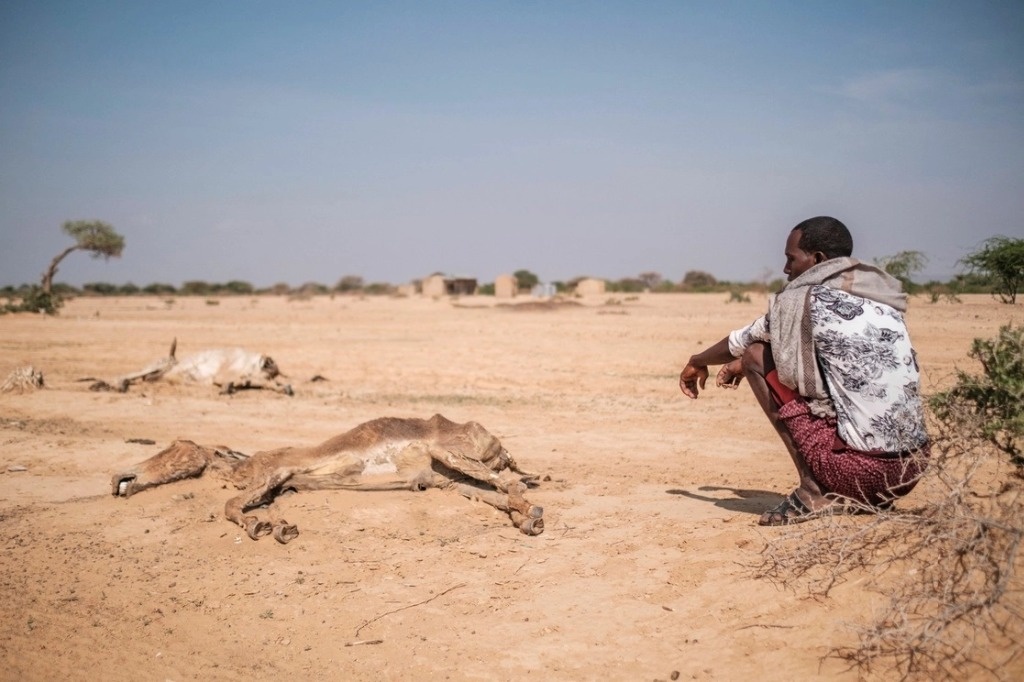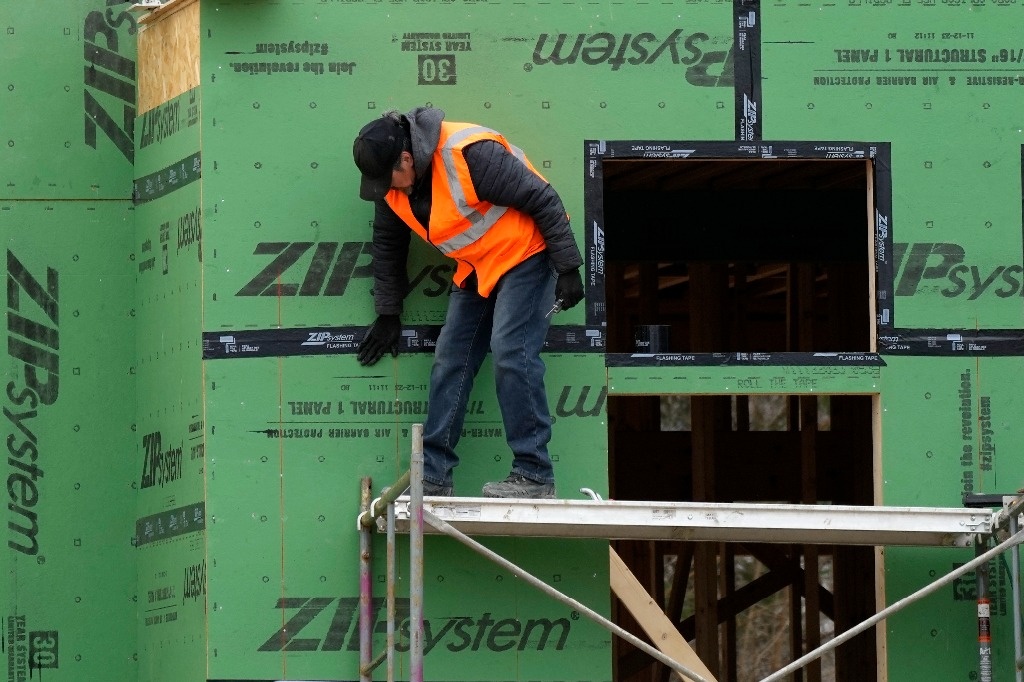DakarChildren in West and Central Africa are increasingly exposed to extreme heat, putting their health at risk, according to a new UNICEF report released Wednesday.
According to the report, the frequency of heat waves in the region has more than quadrupled since the 1960s. West Africa suffered an unprecedented heat wave a few months ago that led to an increase in deaths.
A hospital in Mali reported 102 deaths in the first four days of April, compared with 130 for the entire month last year. It is not known how many of the deaths were due to extreme weather conditions, as rules imposed by the country’s military rulers do not allow such data to be made public.
Extreme heat is posing health risks for children and pregnant women, as it is linked to increased chances of stillbirths, low birth weight and premature births, according to the report.
“Exposure to high heat levels also makes children more vulnerable to developing chronic diseases and contracting infectious diseases that spread at high temperatures, such as malaria and dengue,” David Knaute, a regional climate specialist for UNICEF, told The Associated Press.
Central Africa is currently experiencing an outbreak of monkeypox, an infectious disease that disproportionately affects children. Officials with the Centers for Disease Control and Prevention in Africa said nearly 70 percent of monkeypox cases in Congo are in children under 15, who also account for 85 percent of deaths. On Wednesday, the WHO declared the outbreak a global emergency.
UNICEF report urges governments to cut carbon emissions to control rising temperatures and protect children.
“They are growing in countries that have contributed almost nothing to climate change, but are facing some of its most severe impacts,” Knaute said.
#Extreme #heat #endangers #African #children #Unicef
– 2024-08-16 17:41:25


